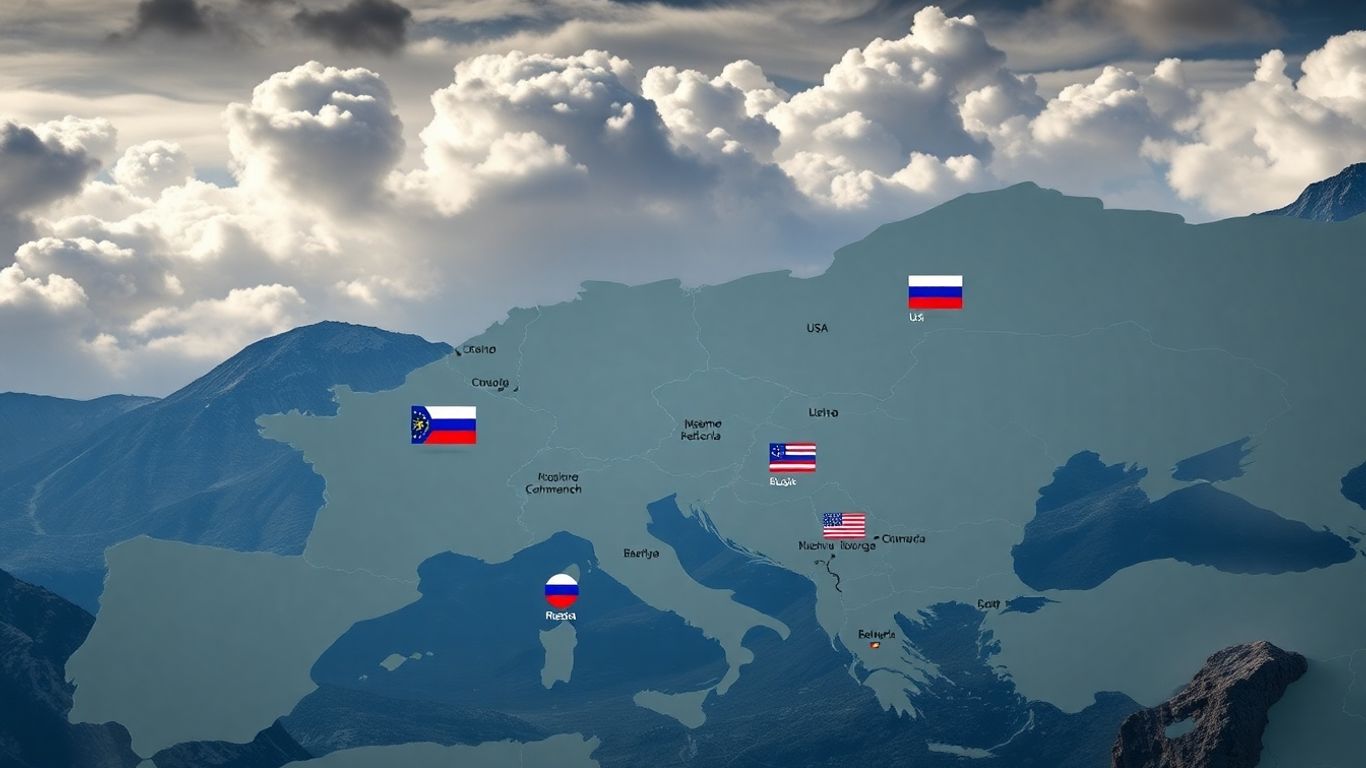The Western Balkans are facing a cascade of challenges as the United States imposes new tariffs, Hungary redirects EU accession momentum towards the region, and Russian political activity sparks fresh concerns of instability. Amid shifting international priorities, questions abound about the future of peace and security in this volatile part of Europe.
Key Takeaways
- US tariffs target Serbian and Bosnian exports, creating new economic pressures.
- Hungary pushes for Western Balkans’ EU entry ahead of Ukraine, reordering enlargement debates.
- Russian political maneuvers and information campaigns threaten to destabilize the region.
- Analysts note growing concerns about reduced US diplomatic engagement.
Fresh Economic Pressures from the United States
US trade policy has roiled the economies of Serbia and Bosnia and Herzegovina, with steep tariffs set to hit their exports hardest among Balkan neighbors. Serbia faces a 35% tariff on its goods, and Bosnia 30%, beginning in August. These measures have prompted government efforts to negotiate, but so far, no breakthroughs have been announced. Meanwhile, other regional countries such as North Macedonia, Kosovo, Albania, and Montenegro are contending with lower but still significant tariff hikes.
Shifting EU Enlargement Focus: Balkans Versus Ukraine
Hungary has stirred debate within the EU by pressing for Western Balkans expansion to take precedence over Ukraine’s aspirations. Officials from Budapest argue that the Balkans were promised EU membership decades ago and emphasize the need for merit-based progress over artificial deadlines. While Denmark and others still underline Ukraine’s security significance, this shift in focus has sparked broader conversations about how enlargement strategy should reflect both reform performance and new geopolitical realities.
Rising Fears of Instability Amid Russian Political Warfare
Beyond economic and diplomatic shifts, the region grapples with surging Russian influence. Moscow continues to support nationalist leaders and stoke tensions—most notably in Serbia and Bosnia’s Republika Srpska—using disinformation and political maneuvering rather than direct military intervention. Recent moves by Bosnian Serb leadership toward further autonomy, and Serbia’s closeness with Russia, have revived memories of past fragmentation and conflict.
Risks of Border Revisions and Regional Precedents
With ongoing conflict in Ukraine, some analysts warn that any internationally sanctioned changes to Ukrainian borders might embolden leaders in the Balkans to pursue similar territorial claims. Moves towards secession in Bosnia or renewed debates over Kosovo’s status could trigger locally driven unrest and reverberate across the region, complicating both EU and US diplomatic efforts.
US Presence: Waning Engagement Sparks Concern
Amid these shifts, there is mounting anxiety over a perceived "quiet withdrawal" of US diplomatic focus from the Balkans. With Washington now preoccupied by crises elsewhere, regional leaders and analysts worry that a strategic vacuum could draw in rival powers—including Russia, China, and Turkey—to fill the gap. Observers emphasize that diplomacy and credible international commitments remain vital for sustained peace and reform progress in the Western Balkans.
Outlook: Navigating a Complex Future
As the Western Balkans face mounting external pressures and heightened internal risks, the path ahead hinges on effective regional cooperation, robust international engagement, and remaining true to the principles of democratic reform. Policymakers in both the region and abroad are now challenged to prevent economic hardship from fueling political instability—and to keep the Balkans on a path toward lasting peace and integration into the European family.
Further Reading
- US Tariffs to Hit Serbia, Bosnia Hardest in Balkans, Trump Confirms, Balkan Insight.
- Hungary Shifts EU Expansion Focus to Western Balkans Over Ukraine | Ukraine news, mezha.net.
- If Ukraine’s borders shift, Balkans could face turmoil again, Daily Sabah.
- Will Russia’s Political Warfare Operations in the Balkans Fuel Its Next War?, Foreign Policy Research Institute.
- A quiet US withdrawal from the Western Balkans?, eKathimerini.com.






